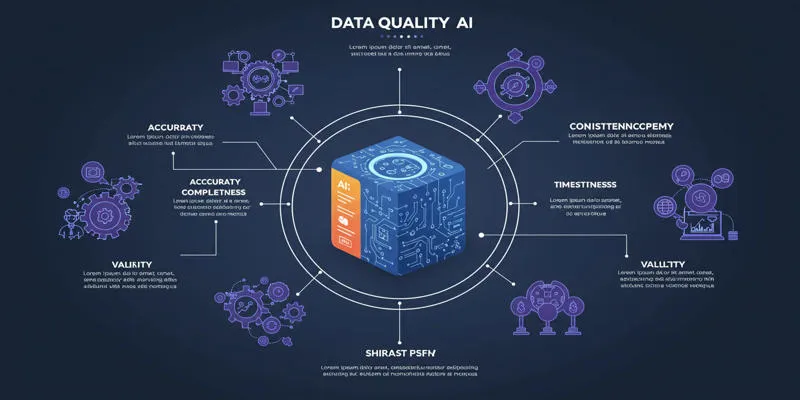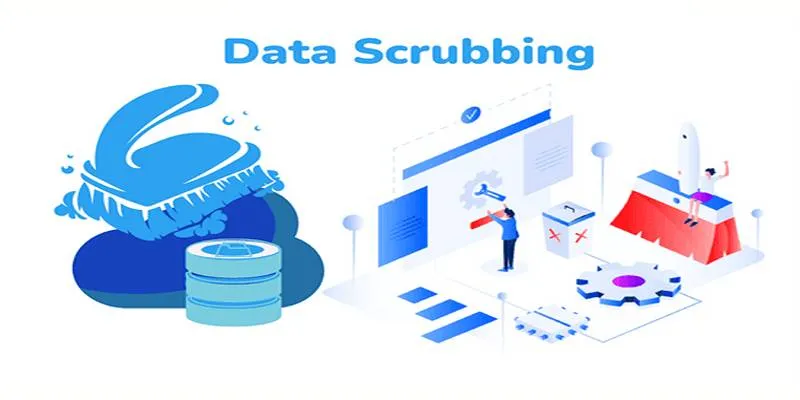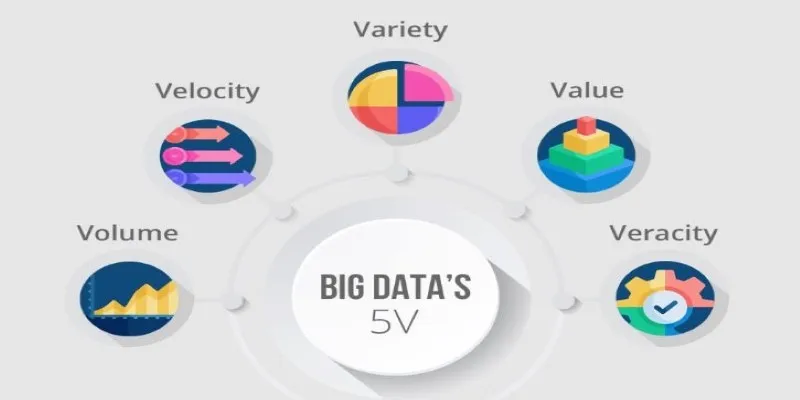In today’s era of “big data,” where vast volumes of information are created, processed, and stored every second, ensuring data privacy has become crucial. As companies gather more personal and sensitive data, they must have robust tools to protect this information from misuse and potential breaches.
Artificial Intelligence (AI) is at the forefront of solving these challenges. AI empowers businesses to manage risks and secure private data effectively. This post explores how AI is transforming data security and how businesses can leverage it to protect sensitive information.
The Importance of Data Privacy in the Age of Big Data
Data privacy involves safeguarding personal and sensitive information from unauthorized access, use, or disclosure. As businesses increasingly rely on big data for insights and decision-making, they collect more personal information than ever before. This reliance poses significant challenges regarding data security and compliance with privacy regulations such as the GDPR (General Data Protection Regulation) and CCPA (California Consumer Privacy Act).
While big data offers immense value, it also heightens the risk of privacy violations. Without proper measures, organizations risk data breaches, loss of customer trust, and hefty fines for non-compliance with privacy laws.
How AI Can Manage Data Privacy Risks
AI can significantly reduce the risks associated with managing big data by automating various privacy protection processes. Here are some of the most common ways AI is used to manage these risks:
AI-Powered Data Encryption

Data encryption is a critical method for safeguarding private information, and AI can enhance this process. AI can automatically encrypt data during transmission or storage, ensuring that all private data remains secure. By analyzing data patterns and continuously improving encryption methods, AI makes it more challenging for attackers to access or decrypt encrypted data.
AI-powered systems can also generate robust encryption keys that are harder to crack and quickly detect any attempts to break the encryption, further securing the data. Additionally, AI tools can assist in securely managing and distributing security keys, reducing the risk of unauthorized access.
Anomaly Detection Using AI
One of the most effective ways AI helps manage privacy risks is through anomaly detection. AI systems continuously monitor large datasets for unusual behavior that might indicate unauthorized access or a potential breach.
For instance, AI can track patterns such as:
- Unusual login attempts
- Abnormal data access
- Changes in typical user behavior
When AI detects these anomalies, it can trigger an alert or automatic response to prevent further damage, such as locking down the affected system or limiting access.
Automated Compliance Monitoring
AI plays an essential role in ensuring that organizations stay compliant with data privacy regulations such as GDPR, HIPAA (Health Insurance Portability and Accountability Act), and CCPA. Keeping up with the constantly changing regulatory environment can be challenging, but AI-powered tools can help automate compliance monitoring.
AI can continuously monitor data collection and processing practices to ensure they align with privacy laws. For example, AI systems can automatically verify that companies are not retaining personal data longer than necessary and ensure that individuals’ rights to access, correct, or delete their data are respected.
AI for Data Masking and Anonymization
Data masking and anonymization are techniques used to protect personal information by making it unidentifiable. With AI, these techniques have become more efficient and scalable, which is particularly important when dealing with large datasets.
- Data masking involves replacing sensitive information with artificial but realistic data, allowing businesses to analyze data without exposing sensitive information.
- Anonymization refers to the process of removing identifiable features from datasets, making it impossible to trace the data back to any individual.
Enhanced Data Governance and Access Control
AI assists organizations in improving data governance and access control, both crucial for maintaining data privacy. AI-powered systems can monitor who accesses sensitive data, track how it is used, and enforce strict access controls based on users’ roles within an organization.
AI can analyze access logs and detect any inappropriate access or sharing of sensitive data. It can also ensure that only authorized users can access specific information, reducing the risk of internal breaches. These AI systems can help ensure that organizations follow the principle of “least privilege,” where individuals only have access to the data necessary for their job functions.
Best Practices for Implementing AI in Data Privacy Management

To maximize the benefits of AI in data privacy while minimizing the risks, businesses should follow these best practices:
- Ensure AI models are trained on diverse and representative data to avoid bias and inaccuracies.
- Regularly update AI systems to keep up with evolving privacy regulations and emerging threats.
- Work with cybersecurity experts to secure AI systems and protect them from adversarial attacks.
- Integrate AI tools with existing data privacy frameworks to streamline compliance and monitoring.
- Educate employees about the importance of data privacy and the role AI plays in safeguarding sensitive information.
Conclusion
AI plays a pivotal role in managing data privacy risks in the age of big data. By automating processes like data masking, risk detection, and compliance monitoring, AI can help businesses protect sensitive information and stay compliant with privacy regulations. However, the implementation of AI also comes with challenges, such as bias, security risks, and implementation costs. By following best practices and carefully managing AI systems, businesses can effectively use AI to safeguard data privacy and minimize risks in the ever- evolving landscape of big data.
 zfn9
zfn9























